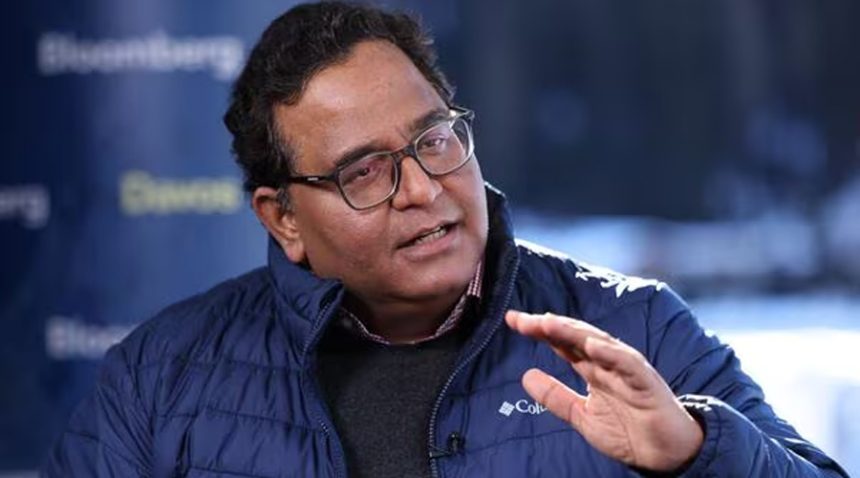Vijay Shekhar Sharma surrenders ₹1800 crore in Paytm ESOPS amid SEBI scrutiny, with options returned to the company’s 2019 ESOP pool
Vijay Shekhar Sharma owns 30% of Paytm shares, and in recent times, he has sold 21 million employee stock options under the One-97 Employees Stock Option Scheme for the FY 2019. The surrendered ESOPS have a value of ₹ 1,815.45 crore, while Paytm’s stocks had a closing price of ₹ 864.5 as of April 16, 2025.
The news was released in a filing on the company’s website and came from a letter that Sharma sent on April 16. It was initiated a few months after the Securities and Exchange Board of India (SEBI) issued a show-cause notice to other directors of Paytm and Sharma regarding the violations of the SEBI (Employees’ Stock Option Scheme and Employees’ Stock Purchase Scheme) Regulations, 1999.
Paytm Returns ESOPS to the Pool and Records One-Time Expense
According to the prospectus documentation, Paytm will repurchase the vested ESOP and reinvest it in the ESOP pool. The company stated that some of the options were unexercisable and would be expunged, while the remaining options would be returned to the company’s active stock option pool.
While cancelling them, Paytm will deduct a one-time non-cash expense under ESOP of ₹492 crore from the fourth quarter’s gross profit for the fiscal year FY25. The company also stated that such an action would scale down ESOP expenses in the subsequent quarters. Further details about the ESOP expense structure will be reported in Paytm’s fourth quarter of the 2022-2023 financial year. This twist comes on the heels of changes to the One 97 ESOP scheme, where the firm decided to link ESOP vesting to annual appraisals and other key performance indicators.
SEBI Notice and Recent Corporate Developments
In August 2024, SEBI issued a show-cause notice to Paytm regarding the ESOP grant to Sharma. The notice claimed that the circumstances violated regulations that bar those with control in a company from receiving ESOPS. It also triggered concern over the distribution of ESOPS to current and former employees during Paytm’s IPO in 2021.
Before Paytm went public, Sharma reduced his direct stake from 14.7% to 9.1% by distributing approximately 30.97 million shares of stock to the family trust through Axis Trustee Services. This was done to make Kolmer eligible for ESOP allocation given the regulations that were in operation during that period.
ESOPs have been offered at Paytm on various occasions in the last six months, and the company recently increased its ESOP pool. Domestic institutional investors also increased their stakes by 2 per cent, with mutual funds holding a 13 per cent stake in Paytm. As for Paytm’s revised ESOP policy and Sharma’s decisions, these are made when the fintech firm faces increased regulatory scrutiny and implements additional operational changes.





